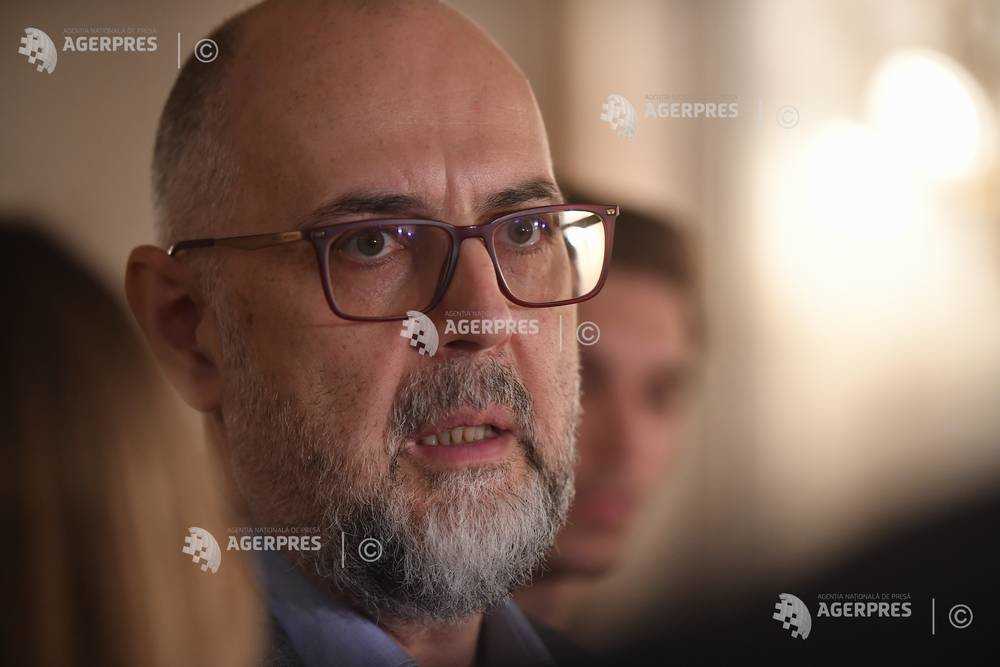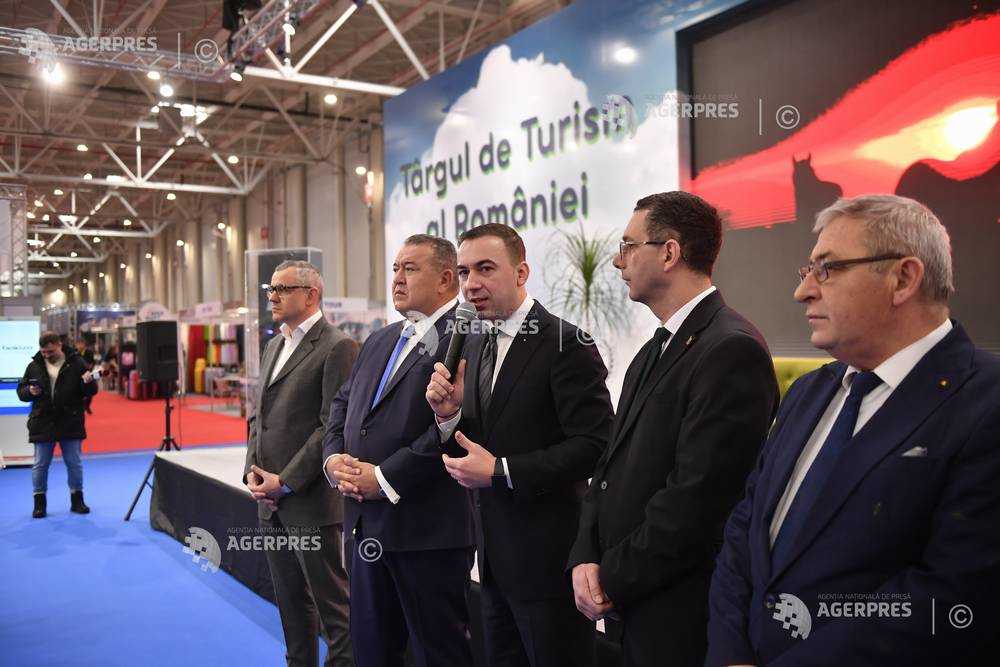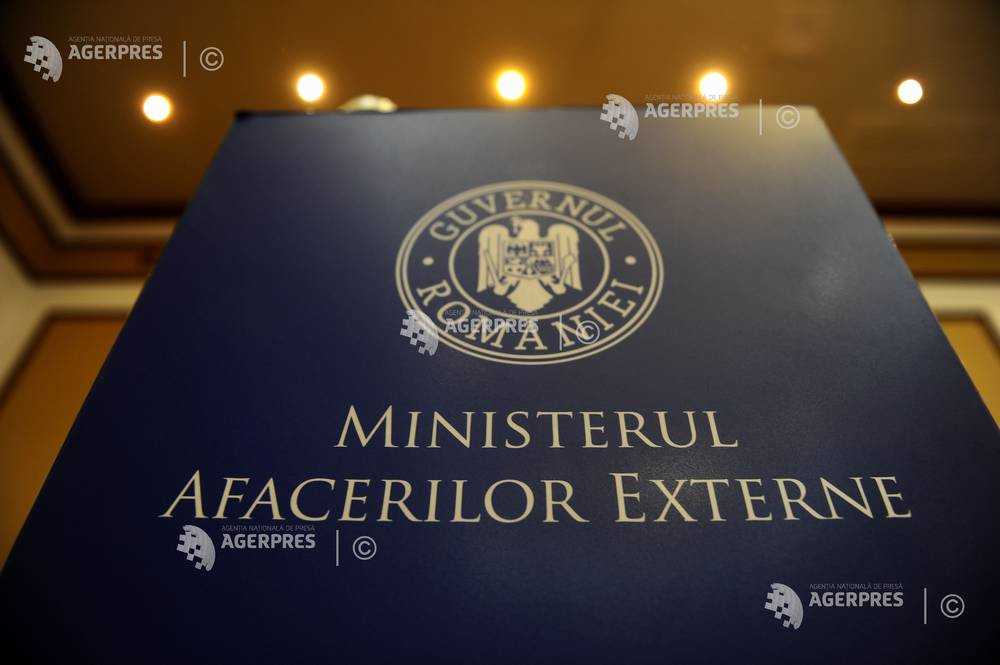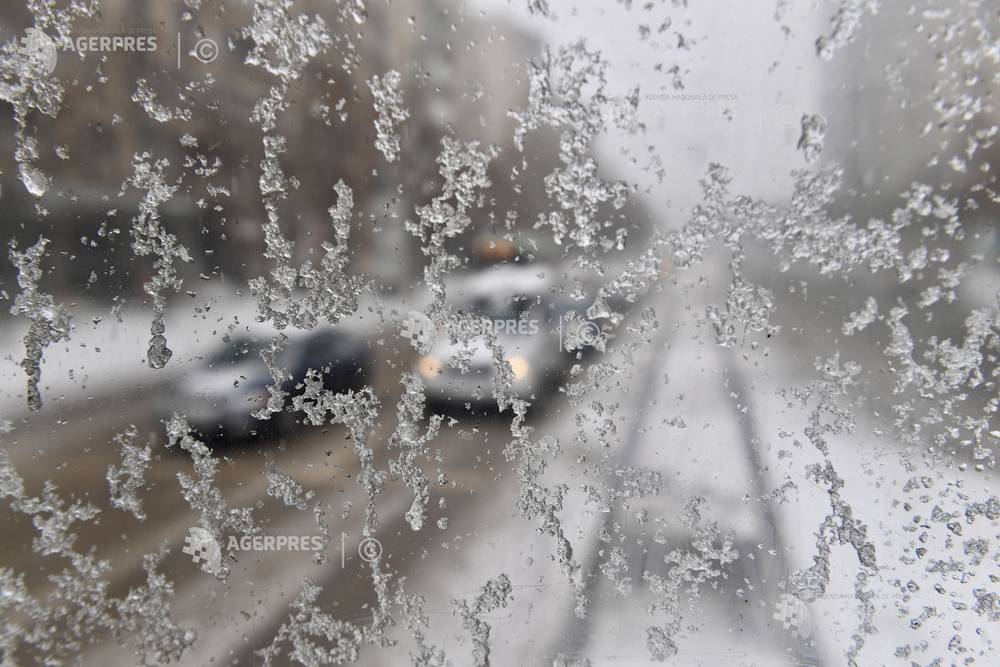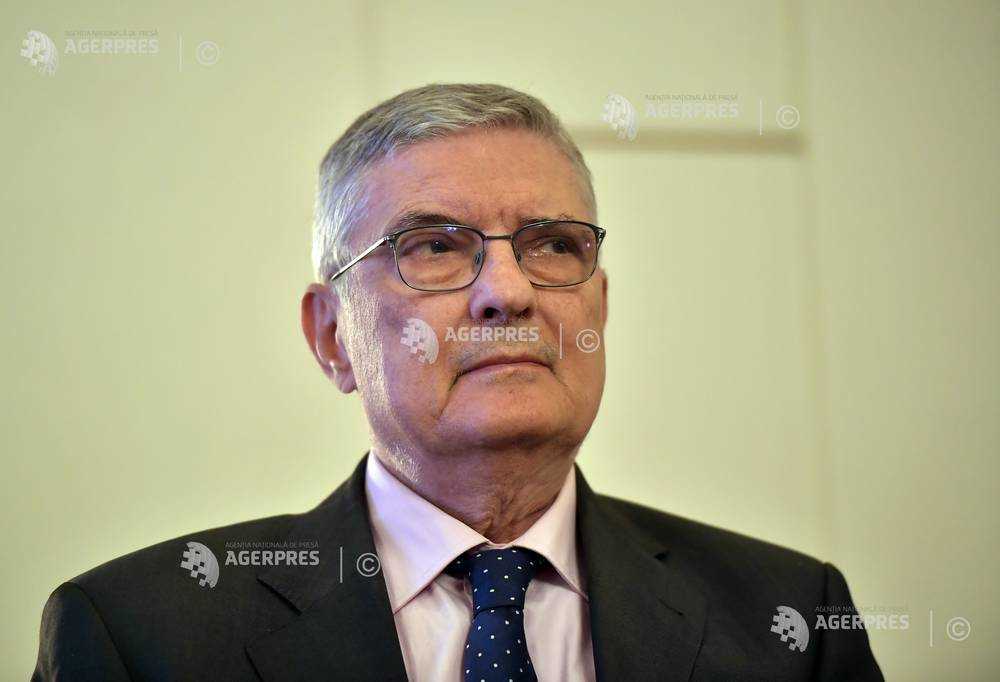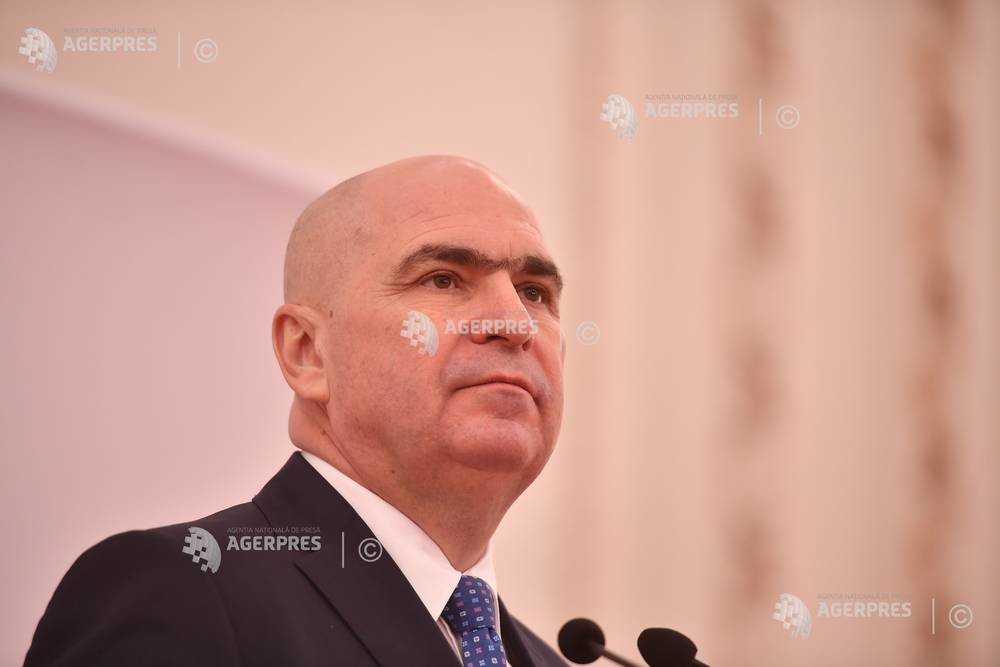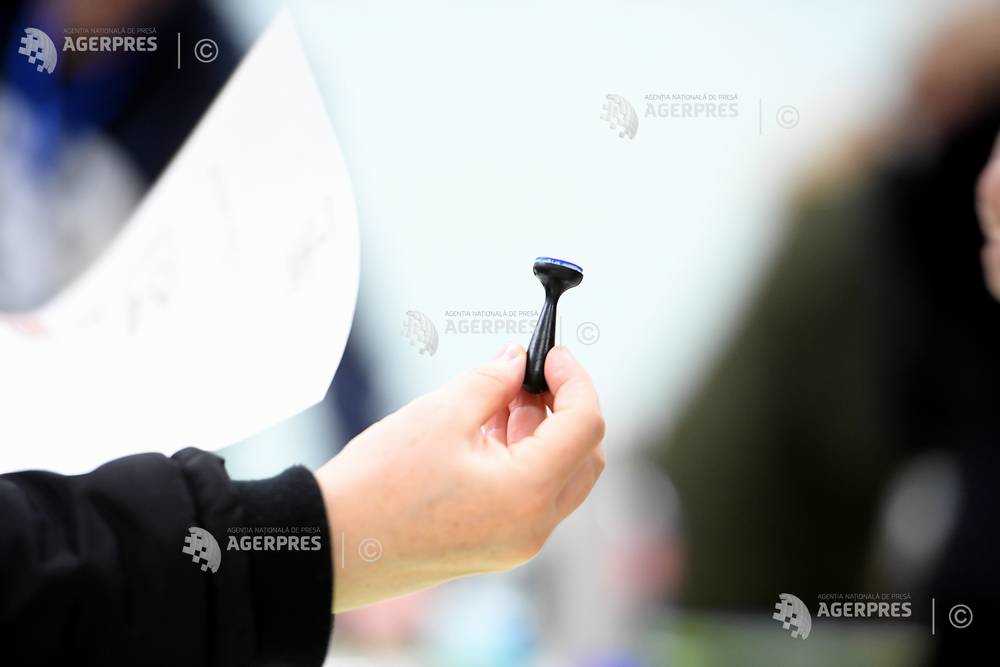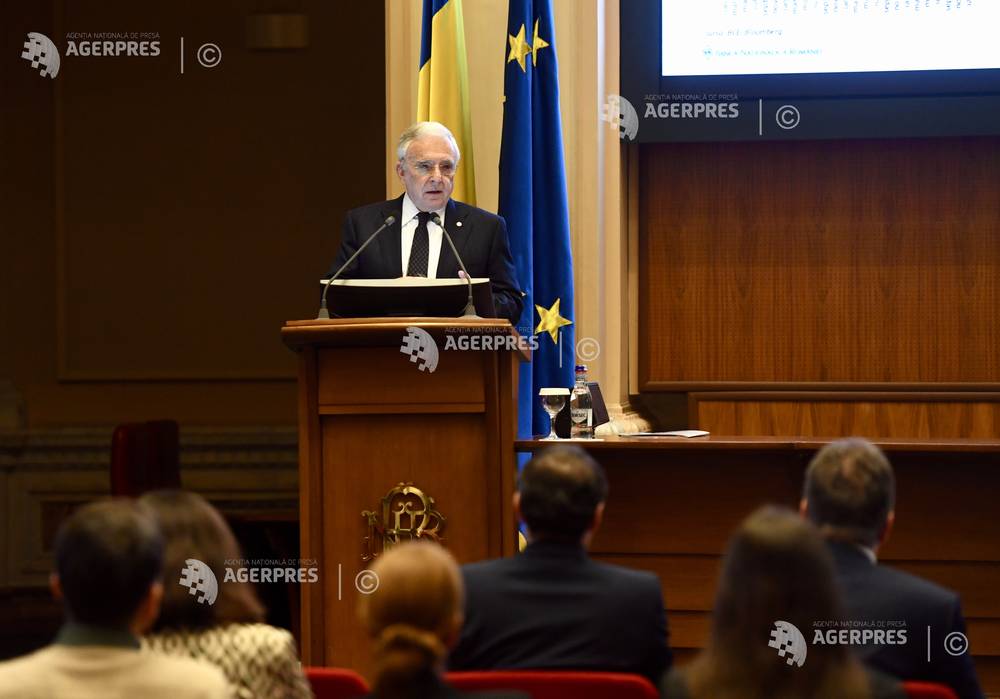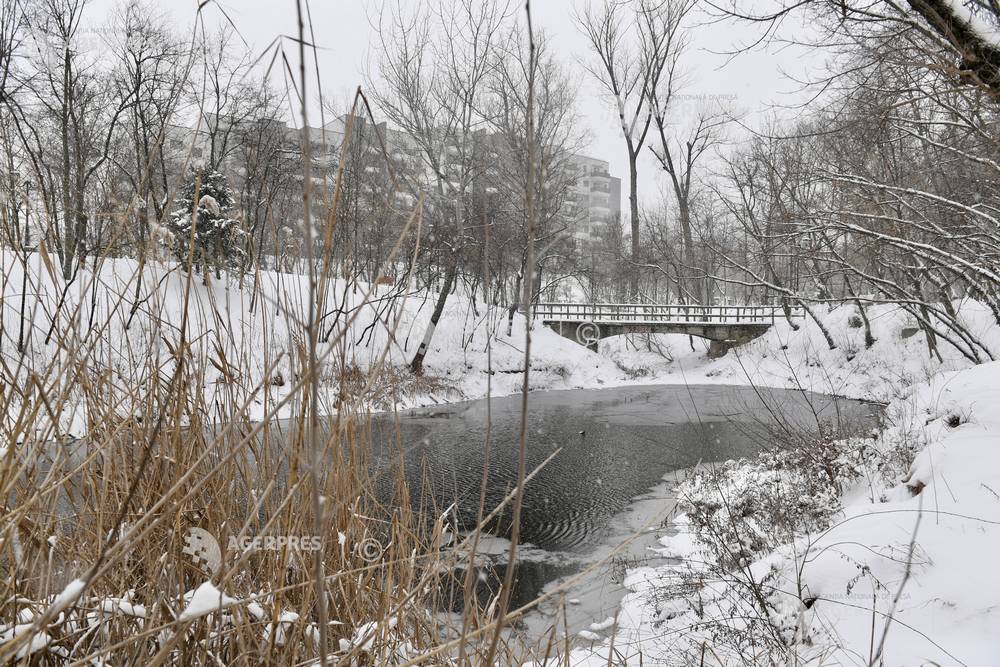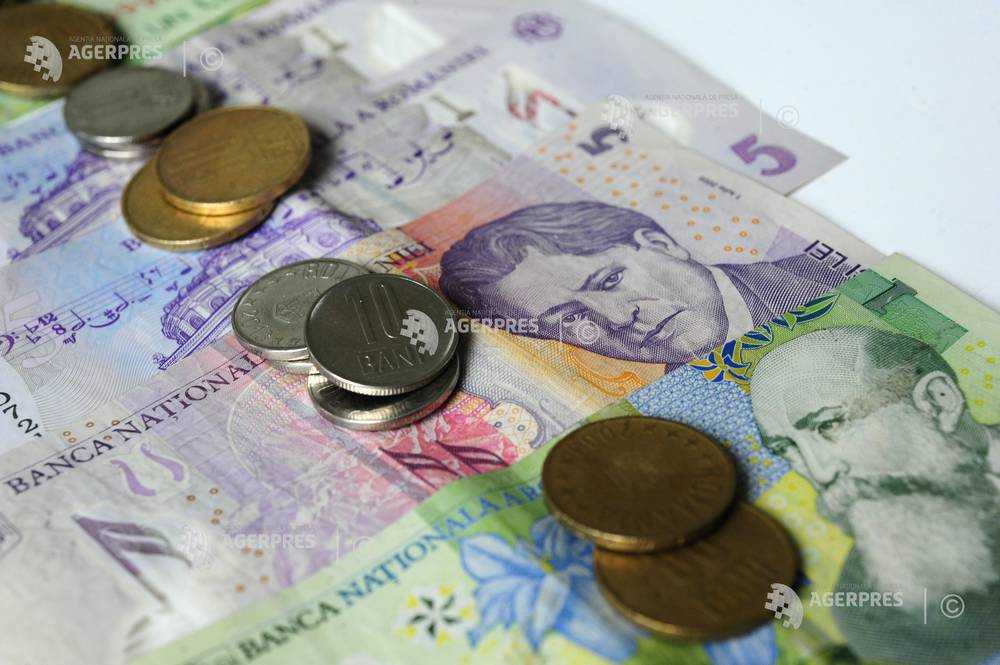Cost of living crisis: Consumers in the Western Balkans boycott supermarkets (enr)

Brussels, Feb 12 /Agerpres/ - Consumers in the Balkans are fed up: Rising prices in supermarkets in the region squeeze their budgets for daily necessities. Their answer: Don't shop. A series of retail boycotts has spread from Croatia to Bulgaria. But the question is - will this boycott achieve anything?
It started off in Croatia in late January: In the past weeks, the country has witnessed a significant number of supermarket boycotts as citizens express their frustration over escalating prices, a frustration shared by shoppers in other EU member states and a few of those who want to join the bloc.
The shop boycott was initiated by a Facebook group called 'Hello, Inspector' ('Halo, inspektore' in Croatian), the movement gained support from consumer protection groups, trade unions, political parties, and even the minister of the economy.
'Today we will boycott everything again, from supermarkets to pharmacies, bakeries, cafes and restaurants. Let us not enter any shops or hire any services' - Josip Kelemen, Halo, inspektore
Kelemen spoke ahead of the third round of Croatian boycotts on February 7. The initiative started with messages circulating on social media, urging citizens to refrain from buying anything. The organisers called first for boycotting major internationals such as Germany's Lidl or the Italian discounter Eurospin, and later for a week-long boycott of the Croatian retail chain Konzum, which ends on February 14.
Since then, the movement has spread across the Balkans region to Bosnia-Herzegovina, Montenegro, North Macedonia, Bulgaria and Serbia.
Less bread in the basket
The problem is twofold - on the one hand the high prices make it difficult for many consumers to make ends meet, on the other hand local producers say they cannot compete with the big chains due to cheaper imports and the prices paid to them not covering production costs.
Economists explain the new wave of price growth in Croatia by strong growth in personal consumption and total domestic demand and on the other hand by limited growth on the supply side. A large part of the demand side is generated by the state due to the large influx of European funds, cohesion funds and funds for recovery from the pandemic.
Living costs are rising across the EU, as wages and salaries are not keeping up with rising food prices. In Eurostat's Harmonised Index of Consumer Prices (HICP), the EU average on food prices stood at 145.2 points as of December 2024, from the baseline of 100 in 2015. In Croatia, food prices were up above the EU average at 148.7, in Romania at 166.2 and in Bulgaria at an eye-watering 174.4 points.
In the Euro area, Eurostat estimated annual inflation was 2.5 percent in January. The inflation rate for food items, alcohol and tobacco stood at 2.3 percent. In the two western Balkan countries that have the Euro - Slovenia and Croatia - the inflation rate was at 2.3 percent and 5 percent, respectively, making Croatia's the highest in the Eurozone.
Spreading boycotts
Consumers in the EU candidate countries Bosnia and Herzegovina, Serbia, North Macedonia and Montenegro have also caught the boycott bug.
Citizens in Bosnia and Herzegovina (BiH) are increasingly feeling the pressure of rising prices - living standards decline as wages fail to keep pace with growing living costs. To reverse this trend, the informal group 'Bojkot u BiH' called for a boycott of major retail chains across social media on February 7 and 8. Turnover fell on both days.
On January 31 and February 7 supermarkets in North Macedonia were half-empty, with people shopping at green markets and local shops, or not shopping at all. Citizens support the campaign, although they are not sure if a one-day boycott can solve problems, claiming that prices are permanently going up while wages are at a standstill. Ahead of the boycott, some retailers announced discounts and benefits for consumers, while blaming suppliers for the rising prices.
The Serbian consumer organisation 'Efektiva' called on consumers for a one-day boycott of retail chains on January 31, recalling that last October, the Commission for the Protection of Competition initiated proceedings against four retail chains on suspicion of price fixing. It also announced a new boycott under the motto 'Do you want to be robbed or not?'. Starting on February 10, five large retail chains - Delhaize, Mercator, Univexport, DIS and Lidl are to be boycotted for five days.
Boycotts took place in neighbouring Montenegro on January 31, as well as February 7-8. 'Every day we witness unprecedented increases in the price of basic products, while the owners of large chains accumulate profits at the expense of the people. It is time to say: enough!', the organisation 'Alternative Montenegro' said on social networks.
The action was supported by Prime Minister Milojko Spajiæ, some NGOs and unions, while it was opposed by the Chamber of Commerce and the Montenegrin Consumer Association.
The idea has also been spreading to Bulgaria, where four organisations called for a boycott of retailers and grocery stores on February 13, according to Velizar Enchev, coordinator of the initiative and former Bulgarian ambassador to Croatia.
Not affected by the movement so far have been Albania and Slovenia, while Romanians remain on the fence.
Romanians have been urged by some politicians to boycott supermarkets for one day, arguing that they do not sell Romanian products. Instead, Agriculture Minister Florin-Ionuț Barbu said he believed that such a boycott would mean 'the bankruptcy of Romanian processors', as 70 percent of the products in retail stores in Romania are made by Romanian food processing companies.
There has been no boycott of supermarkets in Albania, despite sporadic calls on social networks. The government last year raised salaries of public servants, increased pensions and this year lowered electricity prices. The increase in wages and pensions was not accompanied by a significant increase in prices in supermarkets.
Neither has there been any organised boycott of shops in Slovenia, although high food prices are a major issue in public debate. According to the national Statistics Office, food and non-alcoholic beverages prices have stabilised in 2024 after a period of soaring growth. However, shopping centres in Slovenian towns along the Croatian border have recorded a spike in footfall during the Croatian boycott. Shoppers from Croatia say that food and cleaning products in Slovenia are much cheaper. Meanwhile, Slovenian shoppers are once again more frequently heading to neighbouring Italy for cheaper purchases.
Capping prices
If the boycotts have more long-term effects than raising awareness remains to be seen, but one reaction has been the move by politicians to call for price-caps.
BiH's government has promised to freeze prices for 50 products, while the government of the entity Republika Srpska has announced enhanced inspection controls and stricter penalties for retailers who unjustifiably raise prices.
In Bulgaria, the centre-left alliance BSP - United Left has tabled a bill to set a maximum markup cap on staple foods, said MP Nina Dimitrova. MRF - New Beginning also introduced a similar bill. The two political forces are anxious that hundreds of thousands of citizens cannot afford the most basic food products due to high inflation. The country's Association for Modern Trade (AMT) on the other hand, made such price caps responsible for pushing inflation higher.
The Croatian government responded to the boycotts by expanding the list of products subject to price caps by 40 new products, including flour, milk, meat, bread, pastries, juices, and hygiene products, among others.
Much ado about nothing?
In North Macedonia the Public Revenue Office has said that turnover in the eight largest market chains on January 31 dropped by 46.59 percent compared to the same day a week before. However, data also shows that turnover was higher by 11.2 percent on the day after the boycott.
Prime Minister Hristijan Mickoski has voiced understanding for the boycotts and called for dialogue with producers, distributors, retail chains and consumers, in order to avoid an escalation of the situation. According to him, some producers, suppliers and retailers use tricks to increase product prices, justifying the move by higher prices at stock markets. 'We know this is not the case,' says Mickoski.
Minister of Economy and Labour Besar Durmishi said it is the consumers' right to decide how and where they will spend their money.
Data from the Montenegrin Tax Administration showed that the January 31 boycott was successful, as the five largest retail chains recorded a 56.14 percent drop in revenue compared to the same period a week earlier. However, the data also revealed that these five chains saw an increase in revenue of 1.1 million Euro in total the day before and the day after the boycott compared to the same days the previous week.
Equally in Serbia, the tax administration said that on January 31, total turnover of the five targeted retailers was down by roughly one third compared to the day before.
In Croatia, where it all started, the first nationwide boycott on January 24 led to a 44-percent-drop in transactions and a 53-percent-decrease in sales value. A second boycott on January 31 brought a smaller drop in sales, and it lost further steam in a third so-called Buy Nothing Friday on February 7.
It remains questionable how much the boycott can contribute to slowing inflation. In any case, it makes people incredibly angry when they see that certain products in Croatia, which joined the Euro in 2023, are more expensive than in some more developed EU member states.
The content of this article is based on reporting by Agerpres, ATA, BTA, EFE, FENA, HINA, MIA, MINA, STA, Tanjug as part of the European Newsroom (enr) project. AGERPRES (editing by: Mariana Ionescu)
The content of the www.agerpres.ro website has the exclusive purpose of public informing.
All the information published on this website by AGERPRES is protected by relevant legal dispositions.
It is forbidden to copy, reproduce, recompile, decompile, distribute, publish, display, modify, create derived components or products or full services, as well as any exploitation of the site's content.
Details in the section Terms of Use. If you are interested in picking up AGERPRES news items, please contact the Marketing Department – [email protected].
The use of the Comments section entails your obligation to respect the AGERPRES terms and conditions in regards to the publishing of comments on the www.agerpres.ro.
Other news in category
Kelemen Hunor: Coalition, CSAT discussion, necessary in current geopolitical, international context
Hungarian Democratic Union of Romania (UDMR) Chairman Kelemen Hunor told AGERPRES on Friday that a discussion is necessary both in the ruling coalition and in the Supreme Council for National Defence (CSAT) not only about the annulment of the presidential election but also in the current geopolitical and international context. At the same time, the UDMR leader
EnergyMin Burduja: Romania maintains its assessment that by 2032 it will double its electricity production
Romania maintains its assessment that by 2032 it will double its electricity production and become a major energy exporter in the region, however, for this to happen, an intelligent energy transition is needed, one that uses all the country's sources and resources to generate as much energy as possible, Energy Minister Sebastian Burduja wrote on his Facebook page on Frid
Romanian authorities preparing facilities for tourist visas for foreigners wishing to visit Romania (minister)
Romanian authorities are preparing facilities related to tourist visas for foreigners wishing to visit Romania, while diplomatic discussions have been held regarding commercial agreements in the tourism sector with several extremely important countries from both the European Union and beyond, Minister of Economy, Digitisation, Entrepreneurship and Tourism Bogdan Ivan said on
PM Ciolacu: It is a total circus for me to resign; I will not do that
Prime Minister Marcel Ciolacu on Thursday said he does not intend to resign from his position, saying that 'it is a total circus' for that to happen, as the stake is not about him, but rather about Crin Antonescu's candidacy in the presidential election on behalf of the coalition. He was asked by the press accredited at the Victoria Palace whether
PM Ciolacu: Peace in Ukraine can only be achieved with U.S. help
Prime Minister Marcel Ciolacu said on Thursday, regarding the peace negotiations in Ukraine, that what is important are not the harsh, momentary statements of world leaders, but rather a fair and lasting peace in that country, which can only be achieved with the help of the U.S. 'I would like to respond to the most important global topic: the peace negotia
MAE: No discussions or interventions regarding any candidate or electoral process, in bilateral interactions with U.S. officials
The Romanian Ministry of Foreign Affairs (MAE) on Wednesday points out that there were no discussions or interventions regarding any candidate or the electoral process in Romania during bilateral interactions with officials from the U.S. Administration. 'We have heard the public statements from some representatives of the U.S. Administration at the Munich
Code Yellow warning for freezing cold weather until Monday
The National Weather Administration (ANM) issued a Code Yellow warning for exceptionally cold weather on Wednesday, valid until next Monday for almost the entire country. According to meteorologists, in the period February 19 to 24, the weather will be exceptionally cold across most of the country, with freezing temperatures at night and in the morning. Minimu
Daniel Daianu: It is in Romania's interest, as well as of other European countries, for the EU to become more cohesive
Fiscal Council President Daniel Daianu says it is in Romania's interest, as well as that of other European countries, for the EU to become more cohesive and develop its own defense capabilities while ensuring that NATO remains strong. 'Last year, Romania allocated just over 2% of GDP to defense, while running a budget deficit of 8.64% of GDP - which, i
Interim President Ilie Bolojan leaves for Paris to participate in meeting devoted to Ukraine
Interim President Ilie Bolojan left for Paris on Wednesday morning, on a regular flight, to attend a meeting organised at the Elysee Palace, the Presidential Administration reported. Ilie Bolojan is accompanied by Presidential Advisor for European Affairs Luminita Odobescu. On Monday, leaders from Germany, Italy, the United Kingdom, Poland, Spai
Interim president Bolojan: The year 2025 will be crucial for both Romania and globally
The year 2025 will be a 'crucial' one for both our country and globally, interim president of Romania Ilie Bolojan said on Tuesday, evoking 'increasingly intense, increasingly sophisticated' hybrid actions. He delivered a speech at the annual meeting of heads of diplomatic missions accredited to Romania. 'The year 2025 will b
Bolojan to foreign diplomats: Presidential election goal - to work for a free, fair, transparent electoral process
Acting President Ilie Bolojan said on Tuesday, at the annual meeting with the heads of diplomatic missions accredited in Romania, that Romania is a democratic state, which continues to act to strengthen its institutions and the trust in them, and stressed that the goal in regards to the presidential election is to work for a free, fair, and transparent electoral process.
Isarescu: Annual inflation rate will continue to follow generally decreasing trend throughout the year
The annual inflation rate, measured based on the consumer price indices, will continue to follow a generally decreasing trend throughout the current year, followed by a stabilisation in the upper half of the target range starting 2026, National Bank of Romania (BNR) Governor Mugur Isarescu said on Monday. 'Most certainly, what is happening now, the tension
Code Yellow for freezing cold Monday through Wednesday in 18 counties; snowfall warning in 10 counties, Bucharest
The National Weather Administration (ANM) issued new Code Yellow weather alerts for cold weather and snow, valid in 18 counties in Transylvania, Crisana, Moldavia and Maramures, as well as in ten other counties in the south, including Bucharest. According to the specialist forecast, from February 17 to 19, a Code Yellow alert affects the counties of Botosani,
Romania's economy grows 0.9% in 2024
Romania's economy grew 0.9% last year, and in the last quarter of 2024 the Gross Domestic Product (GDP) increased 0.7% compared to the same quarter in 2023, and 0.8% compared to the previous quarter, according to estimated data (flash) the National Institute of Statistics (INS) published on Friday. On a seasonally adjusted series, in Q4 2024, compared to t
Annual inflation rate decreases to 4.95% in January 2025
The annual inflation rate decreased in January 2025 to 4.95%, from 5.14% in December, with food product prices having increased 4.54%, those of non-food products having gone up 4.60%, and service prices having grown 6.54%, according to data published National Institute of Statistics (INS) on Friday. 'The consumer price index in January 2025 compared to Dec


